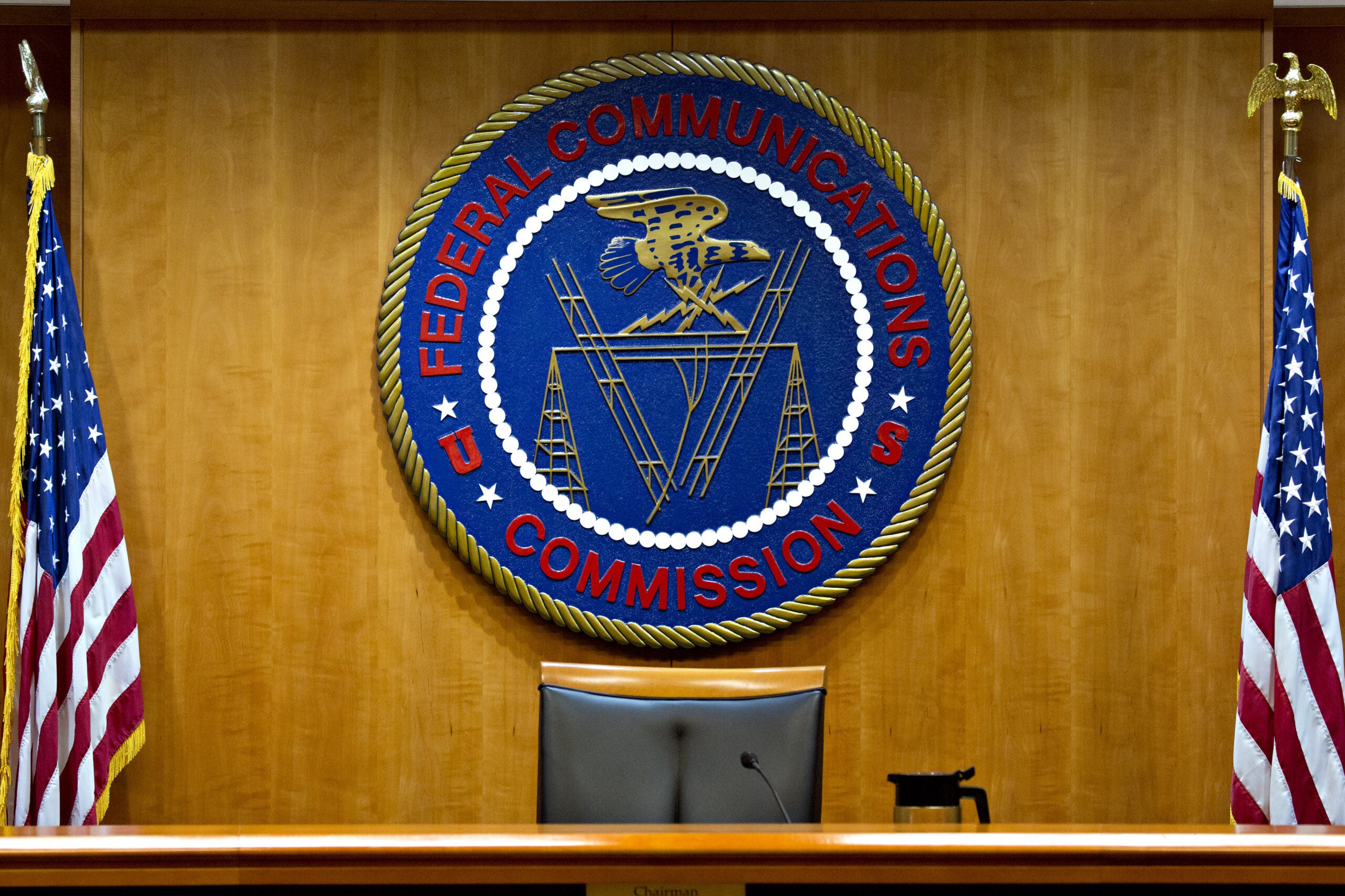The net neutrality standard ensures internet service providers (ISPs) don’t block lawful websites, slow down your connection or create “fast internet lanes” at a higher fee.
That rule ended in 2017 but was fully reinstated by the Federal Communications Commission (FCC) in a 3-2 vote on April 25.
According to the FCC’s press release, this decision reclassifies broadband service as a Title II telecommunications service, allowing the FCC to “protect consumers, defend national security and advance public safety.”
With this decision, the FCC now has the authority to provide oversight over ISPs, further enabling the Commission to:
- Protect the open internet by prohibiting ISPs from blocking, throttling or engaging in paid prioritization of lawful content.
- Safeguard national security by preventing foreign-owned entities who threaten national security from operating broadband networks in the U.S.
- Play an active role in monitoring internet outages that affect businesses, workers and students.
FCC Chairwoman Jessica Rosenworcel defended the Commission’s push for net neutrality in her statement on April 25:
“This agency – the Nation’s leading communications authority – believes every consumer deserves internet access that is fast, open and fair,” she said.
“That is why we determine that the Federal Communications Commission should be able to assist consumers and take action when it comes to the most important communications of our time – and that’s broadband.”
What does this mean for you?
Reinstated net neutrality laws mean that your ISP cannot speed up or slow down the websites you visit based on special relationships with your ISP or payment for traffic prioritization. The FCC will also be able to monitor and take action against cyberattacks and outages that affect not only consumers but businesses, health systems and local governments as well.
It’s been almost seven years since previous net neutrality policies were repealed, and since then, ISPs have been busy violating the old rules. Take AT&T, for example.
A few years ago, AT&T openly advertised that cellular customers could stream the company’s DIRECTV Now product without it counting against their monthly data caps, but the streaming of competing video services like Sling, YouTube TV, Netflix and Amazon Prime Video counted against AT&T’s data caps.
Other ISPs like Comcast (Xfinity), AT&T and Verizon were known for slowing the internet traffic to apps like YouTube and Netflix. In fact, a study showed that YouTube was the number one target of speed throttling by wireless carriers.
Verizon even slowed the speeds of the Santa Clara County Fire Department’s devices, impacting their ability to provide emergency services during California’s wildfires. Their speeds were throttled until they upgraded to a newer, more expensive plan. Chairwoman Rosenworcel cited this instance in her statement as a selling point for net neutrality’s importance to maintaining public safety.
![]()
Broadband is now an essential service. Essential services — the ones we count on in every aspect of modern life — have some basic oversight.
So, net neutrality is back, but will this change how you use the internet every day? Probably not. Various states actually passed their own net neutrality legislation in response to the FCC repealing their own policies in 2017, so you may not notice a difference when it comes to your everyday internet activities if you lived in one of these states.
Rosenworcel is also adamant that net neutrality is not about rate regulation and vows the FCC will not undermine incentives to invest in networks.
“Broadband is a necessity, not a luxury,” she said “And when a consumer has a problem with it, they should be able to reach out to the nation’s expert on communications and get the help they need.”
Find more broadband news and studies on trends in the industry on Allconnect’s news hub and research hub.

Written by:
Camryn Smith
Cammy is a writer with Allconnect, growing her broadband industry knowledge for over a year on the internet marketplace. Her expertise lies in home internet and broadband service with a focus on providers, plans…
Read more
Edited by:
Robin LaytonEditor, Broadband Content
-
Featured
![FCC leader wants to reinstate net neutrality]() FCC leader wants to reinstate net neutrality Robin Layton — 2 min read
FCC leader wants to reinstate net neutrality Robin Layton — 2 min read -
Featured
![10 questions you should ask before choosing an internet service]() 10 questions you should ask before choosing an internet service Ari Howard — 7 min read
10 questions you should ask before choosing an internet service Ari Howard — 7 min read -
Featured
![What is net neutrality? How does it affect you?]() What is net neutrality? How does it affect you? Taylor Gadsden — 10 min read
What is net neutrality? How does it affect you? Taylor Gadsden — 10 min read
Latest
-
Thursday, July 25, 2024
Worried about losing your signal? This is how to keep your satellite dish cleanDavid Anders — 6 min read
-
Tuesday, July 23, 2024
The best free TV and movie streaming services 2024Camryn Smith — 5 min read
-
Tuesday, July 23, 2024
Everything you need to know about internet speedsRobin Layton — 8 min read






